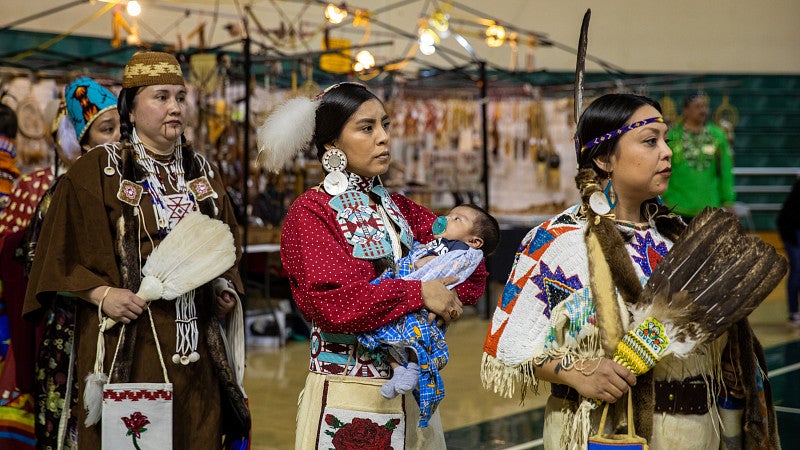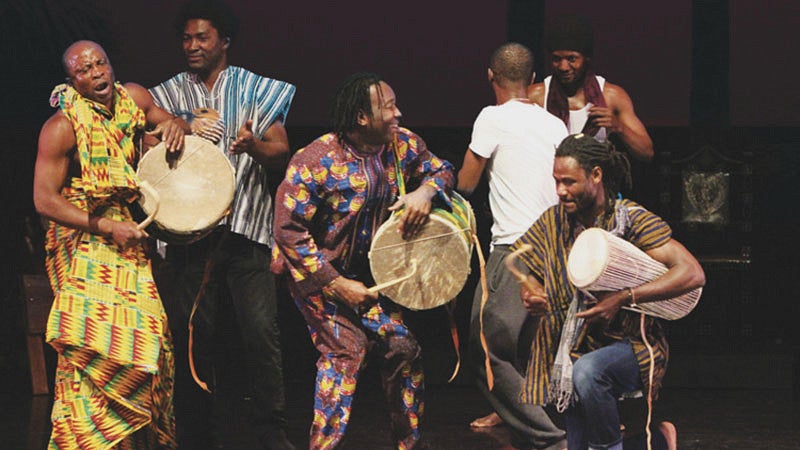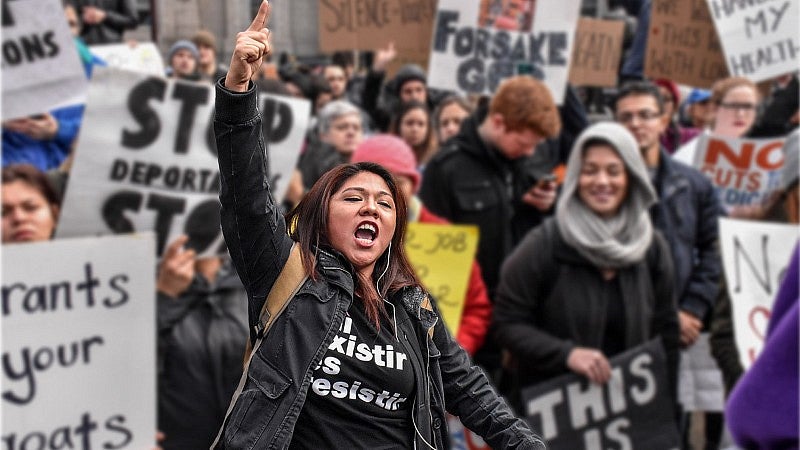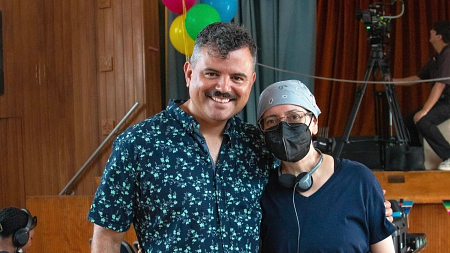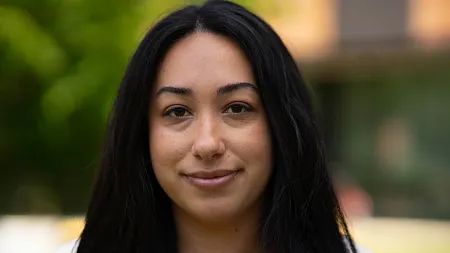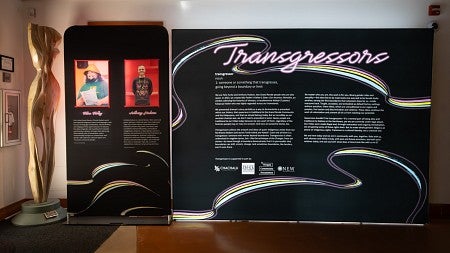Students in the Department of Indigenous, Race, and Ethnic Studies (IRES) examine the lived experiences, philosophies, and histories of BIPOC communities; generate scholarship and creative expression; foster community; and develop the interdisciplinary tools to fulfill their potential as historical actors in creating a more just world.
IRES scholarship remains as urgent as ever, and our faculty, students, and staff work together to generate knowledge and form bold strategies for a better, more just future.
IRES is for everybody. We don’t just help you understand the world—we help you shape it.
AND ONLY ETHNIC STUDIES PHD PROGRAM IN THE PACIFIC NORTHWEST
Our Degree Programs
Undergraduate students can earn either a major or a minor in ethnic studies. Incoming graduate students can take classes toward either a graduate certificate or a PhD in Indigenous, race, and ethnic studies.
What You Can Do with a Degree from the Department of Indigenous, Race, and Ethnic Studies
Students in our program learn to recognize and challenge systems of power, explore opportunities to create meaningful social change, and foster relationships across ethnic, racial, and gender lines. IRES education is world-changing, and it is often through their jobs that IRES alumni are able to do their most transformative work. There is no field where IRES training would be irrelevant, especially as so many institutions reevaluate their practices to plan for more just futures. IRES alumni go on to find employment in a variety of roles and capacities, including as:
- Teachers
- Tribal council members
- Professors, educational administrators
- Nonprofit directors
- Organizers
- Media producers
- Social workers
- Lawyers
Affiliated Programs
IRES houses affiliated majors and minors in the fields of Native American and Indigenous Studies, Black Studies, and Latinx Studies.
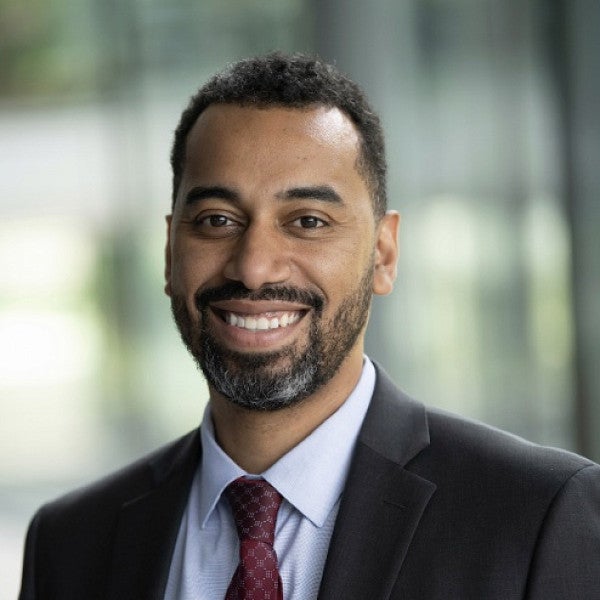
How IRES Can Enrich Your Career
“I initially chose ethnic studies as my major because I was a first-generation college student who was grappling with race, identity, and sense of belonging as I navigated public education institutions. My curiosity soon turned into a heightened sense of consciousness and purpose to serve the communities I lived in. I’ve dedicated the last 20 years of my life to public education in urban and rural settings, and I have often drawn on my experiences to improve conditions for underrepresented and underserved students and serve as voice of advocacy for positive change. I’m grateful for my undergraduate experiences with IRES because it has shaped the educator I’ve become today.”
—Iton Udosenata, superintendent of Tigard-Tualatin School District. '03
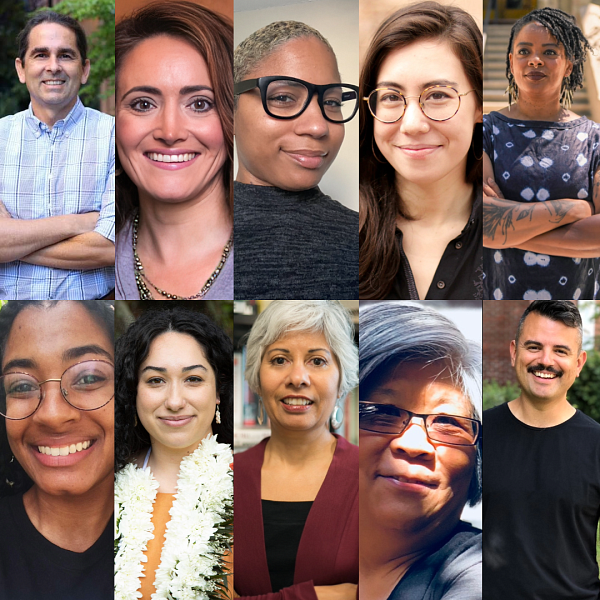
Learn from Experts in the Field
Our department’s program of study pays close attention to gender and sexuality, heteropatriarchy, sexism, classism, settler colonialism, and genocide as they relate to race and ethnicity. Professors in IRES have multidisciplinary backgrounds and provide mentorship as students reflect on their histories, navigate difficult questions about dominant systems of oppression and war, and consider their roles in transforming violence in our communities.
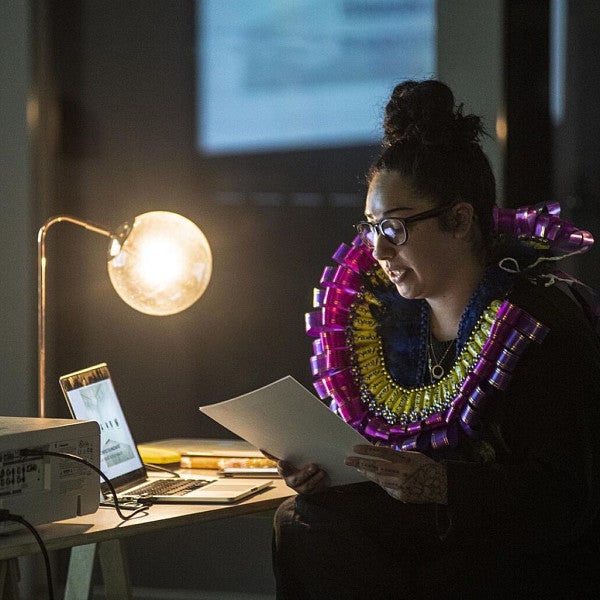
Get Real-World Experience
Students in the Department of Indigenous, Race, and Ethnic Studies extend their learning beyond the classroom by engaging with communities, advocating for justice, and working to build a better future. They apply their skills in internships, foster community through creative expression, and connect with people around the world through study abroad programs.
Our History
Ethnic studies originated in the interdisciplinary and comparative study of ethnicity, indigeneity, race, and racism in the United States. Since its beginnings in the late 1960s, ethnic studies scholars have studied issues of social justice, identity, and resistance, highlighting the perspectives and experiences of people of color.
The research and teaching of the UO Department of Indigenous, Race, and Ethnic Studies examines the way race, as a system of domination, is intimately tied to issues of gender, class, sexuality, migration, indigeneity, and colonialism. With our students, we interrogate historical and contemporary manifestations of white supremacy and explain how systems of domination and acts of resistance create and recreate racial subjects.
And while ethnic studies traditionally centers the social construction of race in the US, it also pays significant attention to transnational migrations and diasporas resulting from the slave trade, indentured labor, colonialism, imperialism, and globalization.
Scholarships and Funding
Undergraduate students can seek funding through the College of Arts & Sciences and apply for scholarships through the department. PhD students are guaranteed support for five years via a paid graduate employee position.
Academic Support
Students in the Department of Indigenous, Race, and Ethnic Studies can seek academic support, career counseling, and other advising services through Tykeson Hall or by consulting their program advisors.
Honoring Native Peoples and Lands
The University of Oregon is located on Kalapuya Ilihi, the traditional Indigenous homeland of the Kalapuya people. Following treaties between 1851 and 1855, Kalapuya people were dispossessed of their Indigenous homeland by the United States government and forcibly removed to the Coast Reservation in Western Oregon. Today, Kalapuya descendants are primarily citizens of the Confederated Tribes of Grand Ronde and the Confederated Tribes of Siletz Indians, and they continue to make important contributions to their communities, to the UO, to Oregon, and to the world.
In following the Indigenous protocol of acknowledging the original people of the land we occupy, we also extend our respect to the nine federally recognized Indigenous Nations of Oregon: the Burns Paiute Tribe, the Confederated Tribes of the Coos, Lower Umpqua and Siuslaw Indians, the Confederated Tribes of the Grand Ronde, the Confederated Tribes of Siletz Indians, the Confederated Tribes of the Umatilla Indian Reservation, the Confederated Tribes of Warm Springs, the Coquille Indian Tribe, the Cow Creek Band of Umpqua Tribe of Indians, and the Klamath Tribes. We express our respect to the many more tribes who have ancestral connections to this territory, as well as to all other displaced Indigenous peoples who call Oregon home. Hayu masi.


